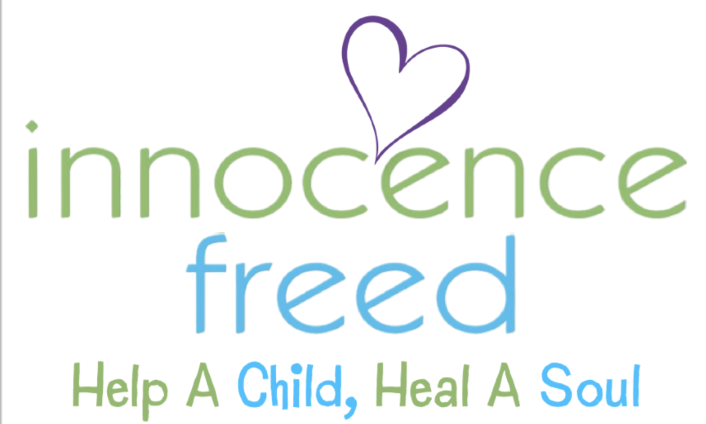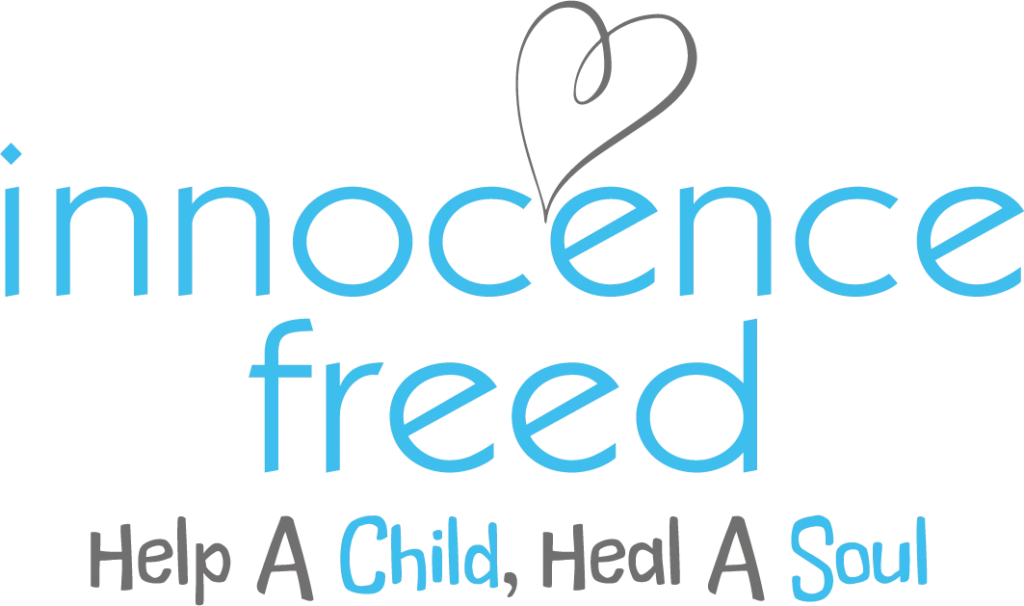
Dialectical Behavioral Therapy (DBT)
Dialectical Behavior Therapy (DBT)
Dialectical Behavior Therapy (DBT) is a type of cognitive-behavioral therapy (CBT) developed by psychologist Marsha Linehan in the late 1980s to treat individuals with borderline personality disorder (BPD), though it is now used to treat a variety of mental health conditions. DBT focuses on helping individuals manage intense emotions, reduce self-destructive behaviors, and improve relationships by developing skills in mindfulness, emotional regulation, distress tolerance, and interpersonal effectiveness.
Key Concepts of DBT:
-
Dialectics:
- The term dialectical comes from the idea that two seemingly opposing ideas can coexist and be true at the same time. DBT emphasizes balancing acceptance and change.
- For example, clients are encouraged to accept themselves as they are while simultaneously working to change harmful behaviors.
-
Biosocial Theory:
- DBT is based on the biosocial theory of emotional dysregulation, which posits that people with certain mental health disorders may have heightened emotional sensitivity due to both biological and environmental factors. For instance, individuals might be more reactive to emotional stimuli and take longer to return to baseline.
Core Components of DBT:
-
Mindfulness:
- Mindfulness involves being present in the current moment and observing thoughts and feelings without judgment. This practice helps individuals become more aware of their emotional states and react more thoughtfully, rather than impulsively.
- Mindfulness skills are taught to help individuals stay grounded and reduce the impact of distressing emotions.
-
Distress Tolerance:
- Distress tolerance skills teach individuals how to cope with painful or overwhelming situations without resorting to harmful behaviors such as self-harm, substance abuse, or impulsivity.
- Techniques like distraction, self-soothing, and radical acceptance (accepting reality without trying to change it) are often used in moments of crisis.
-
Emotional Regulation:
- This component focuses on helping individuals identify and manage intense emotions. Individuals learn how to reduce their vulnerability to negative emotions and build positive emotional experiences.
- The goal is to help people develop strategies to deal with feelings like anger, sadness, or fear in healthier, more constructive ways.
-
Interpersonal Effectiveness:
- Interpersonal effectiveness skills are designed to help individuals improve their communication and relationships. These skills involve learning how to assert one’s needs, set boundaries, and navigate conflict while maintaining healthy relationships.
- This component is particularly important for people who struggle with maintaining stable relationships, often seen in individuals with BPD.
Structure of DBT:
DBT is usually delivered in a structured format with the following elements:
-
Individual Therapy:
- In one-on-one sessions with a therapist, individuals explore personal challenges, emotional struggles, and progress toward goals. These sessions focus on how to apply DBT skills to specific life situations.
-
Skills Training Group:
- In group settings, individuals learn the core skills of DBT (mindfulness, distress tolerance, emotional regulation, and interpersonal effectiveness) through practical exercises and discussion.
- The group provides a supportive environment for learning and practicing these skills.
-
Phone Coaching:
- DBT therapists often offer phone coaching between sessions to help clients use their skills in real time when they face challenging situations.
-
Consultation Team:
- Therapists who practice DBT work together in consultation teams to support one another in delivering effective therapy and maintaining their well-being.
Who Can Benefit from DBT?
Originally designed for individuals with borderline personality disorder (BPD), DBT has been expanded to treat a range of other conditions, including:
- Mood disorders, such as depression and bipolar disorder
- Eating disorders, like bulimia and binge eating disorder
- Substance use disorders
- Post-traumatic stress disorder (PTSD)
- Self-harm and suicidal behavior
Effectiveness of DBT:
Research has shown that DBT can be highly effective in reducing self-harm, suicidal behaviors, and hospitalizations. It also helps individuals build healthier relationships and better cope with distress.
Summary of DBT Goals:
- Decrease self-destructive behaviors
- Enhance emotional regulation and control
- Improve interpersonal relationships
- Develop skills to cope with distress and crises
- Promote mindfulness and living in the moment
DBT helps individuals manage overwhelming emotions, create more stable relationships, and build a life worth living through the integration of practical and therapeutic skills.
The Innocence Freed Aftercare Program
The Innocence Freed Aftercare and Day program provides individual and group therapy to survivors of human trafficking. Survivors attend Dialectical Behavioral Therapy (DBT) group with a licensed mental health professional to work on mindfulness, distress tolerance, emotion regulation, and interpersonal effectiveness skills. These concrete skills provide a foundation for personal growth and healing; and over time, become lifelong skills to cope with internal/external stressors, manage emotions, and develop healthy relationships with others.
Individuals who attend the aftercare program are also connected to a licensed therapist for individual therapy. All therapy provided is trauma-informed and seeks to empower clients through strengths-based techniques, recognition of the client as an expert in their healing, and respect for the client’s boundaries and autonomy. Program participants take an active role in identifying their personal goals for therapy and monitoring their progress.
When program participants are ready, they can process past trauma in a safe and supportive environment utilizing CBT, EMDR, solution-focused, and narrative modalities. Providing clients with knowledge, tools, support, and empowerment allows clients to heal from the past and thrive in the future.
The Innocence Freed Aftercare and Day Program is open to females who have been involved in the commercial sex industry, offering them a path to healing and empowerment. For more on what we offer, please get in touch with us.
Innocence Freed
1-213-900-6077
P.O. Box 45056
Omaha, NE 68145
info@innocencefreed.org

